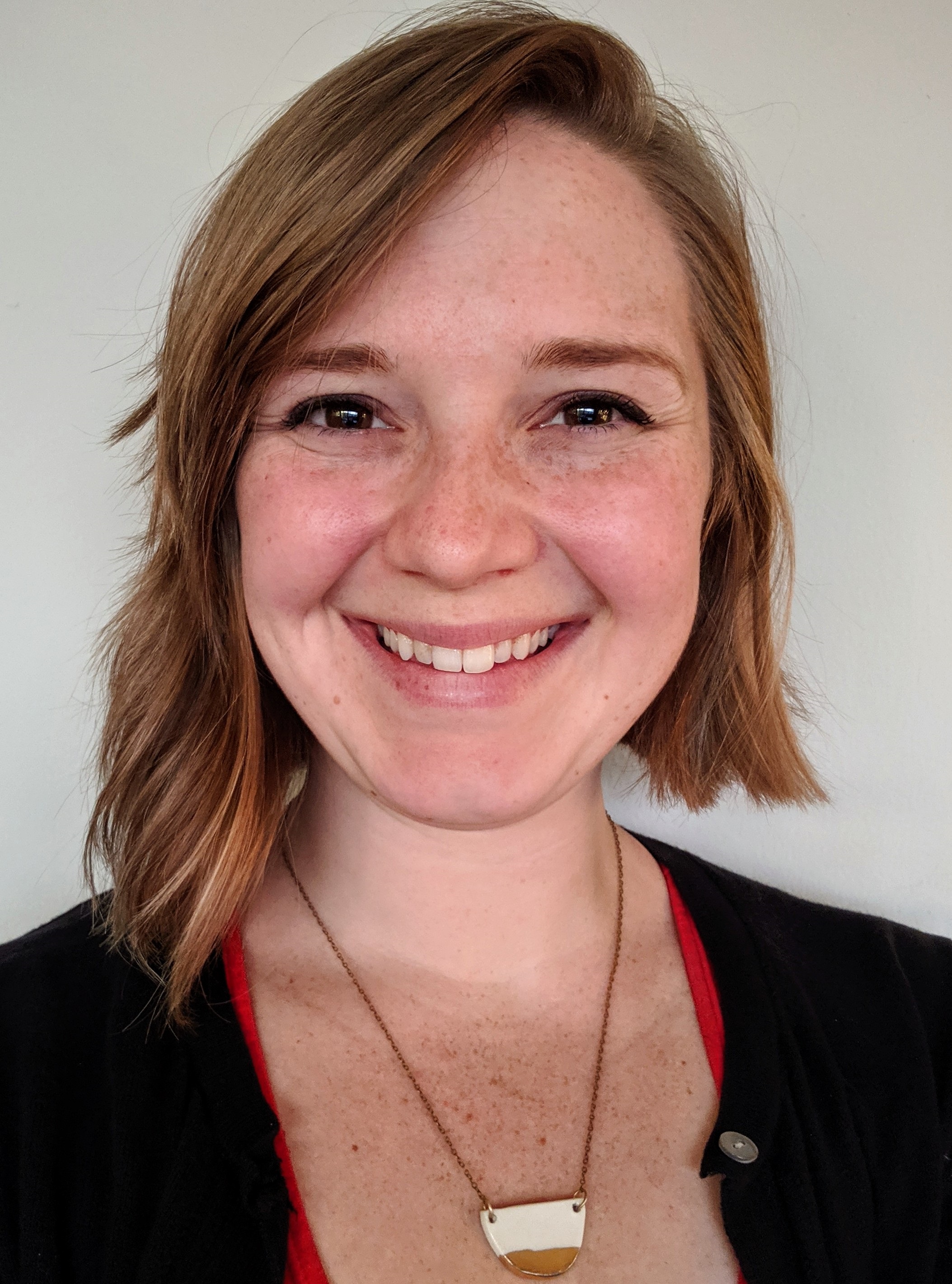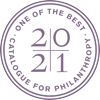In order to participate, click the RSVP button above or please email programs@smithcenter.org.
with Renee Sandell, PhD

Join Renee Sandell for a hands-on, interactive art “workout,” designed to strengthen our sense of thankfulness in this season of gratitude. We will use her Balanced Way of Seeing® method to explore multiple layers of meaning in Norman Rockwell’s painting “Freedom From Want,” created in 1943 as part of his Four Freedoms series. We will consider this work and its relevance to our and others’ lives. Reflecting on past and present moments in our history, we can rediscover sources of our own thankfulness and gratitude.
- Experience a hands-on, interactive art “workout” on Zoom
- No previous art experience necessary
- Simple supplies: White paper and a black Sharpie marker
- Emailed after the program: Thankfulness Resource PDF
Suggested Donation: $20
Our programs are open to the community, and tailored to meet the needs of people affected by cancer. Classes and workshops are free or low cost on a pay-as-you-can basis, ensuring that our programs are accessible to everyone.
About Renee Sandell
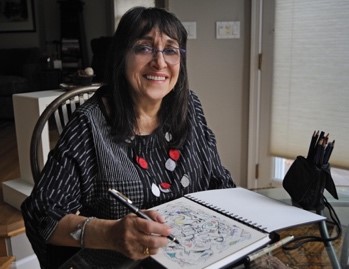
Renee Sandell’s art, teaching, and research focus on Visual Fitness 4 All: Engaging Creativity and Insight® for EVERYONE. Renee is founder/director of the expeditionary, museum-based SummerVision DC Program, which she designed and has delivered for the National Art Education Association (NAEA) for 10 years since 2010. Previously Professor of Art Education at George Mason University (2004-2014) and at Maryland Institute College of Art (1990-2003), she is co-author of two books on gender issues and has published numerous articles, book chapters and art curricula. Winner of the 2019 Lowenfeld Award, Sandell was recognized as 2015-2016 Distinguished Lecturer in Art Education at Miami University and 2013 NAEA National Art Educator. Renee has received numerous awards for her leadership and scholarship on her Form+Theme+Context (FTC)® and her Marking & Mapping®, an accessible form of visual meaning-making. Sandell’s Visual Fitness 4 All® for Engaging Creativity and Insight® workshops are designed to nurture envisioning skills for individuals within professional development programs, organizations, health spas, businesses, and other venues. She has been offering Art & Virtues workshops since early in the Pandemic. Renee’s Smithsonian Associates studio courses include: “Curating a Life: Art as Memoir,” Seeing More: Art, Virtues, and Our Lives, and Visual Journaling: Creativity Workshop.
Learn more about Renee’s teaching at www.visualfitness4all.com Renee’s artwork includes artistic installations of multi-media markings on paper, board, and silk, to explore the human condition in time, space, and place. To learn more about Renee’s artwork, visit her website www.reneesandellart.com

This program is being offered virtually through Zoom. In order to participate and receive the Zoom link, register by clicking the RSVP button above or by emailing programs@smithcenter.org.
You will receive the Zoom information no later than the morning of your program.
with Erin Price, LICSW, OSW-C & Joslyn Trovati, MSW, LICSW, OSW-C

This group is designed for cancer survivors who have completed their primary cancer treatment(s) and are now either post-treatment or on maintenance medication (such as hormonal therapy). Cancer can be emotionally and physically draining — many times we aren’t able to fully process the experience until after treatment is over and we are trying to get back to our “normal” lives. The struggle and expectation to find “normal” again can also be an overwhelming process. This group is a space where you can talk openly about these issues and process the trauma of cancer with other survivors.
The Survivorship Support Group will meet Monthly on the 2nd Tuesday from 6:30-7:30pm ET.
About Erin Price, LICSW, OSW-C
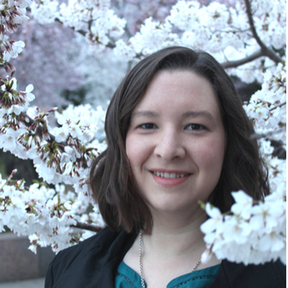
Erin serves as Smith Center’s Director of Young Adult and Psychosocial Support Programs. She is trained in Integrative Patient Navigation, a Project LEAD graduate, and holds a Masters in Social Work. A ten-year+ breast cancer survivor, Erin is passionate about providing support and community to other cancer survivors, especially young adults. She works with Smith Center’s DC Young Adult Cancer Community and is also actively involved in the cancer community through the Association of Oncology Social Workers, the Young Survival Coalition, the Georgetown Breast Cancer Advocates, and the National Breast Cancer Coalition.
About Joslyn Trovati, MSW, LICSW, OSW-C

Joslyn Trovati MSW, LICSW, OSW-C is the Program Director for Cancer Support Community Washington, D.C. Joslyn is a licensed clinical social worker with previous experience in outpatient oncology and palliative care. Prior to joining CSC DC, Joslyn was an oncology social worker at the Sidney Kimmel Cancer Center at Jefferson Health in Philadelphia, where she provided individual and group psychosocial support and resource navigation to people with breast cancer and their caregivers. Joslyn earned a Bachelor’s in Psychology from The George Washington University and a Master’s in Social Work from the University of Pennsylvania. Joslyn enjoys traveling, spending time with friends and family, running, and exploring DC’s vibrant restaurant scene. Joslyn is thrilled to be partnering with the Smith Center as a co-facilitator for the Breast Cancer, Previvor, and Survivorship groups!
This program is being offered virtually through Zoom. Please click <here> to register for this circle.
with members of the Grief Team from Healing Circles Global
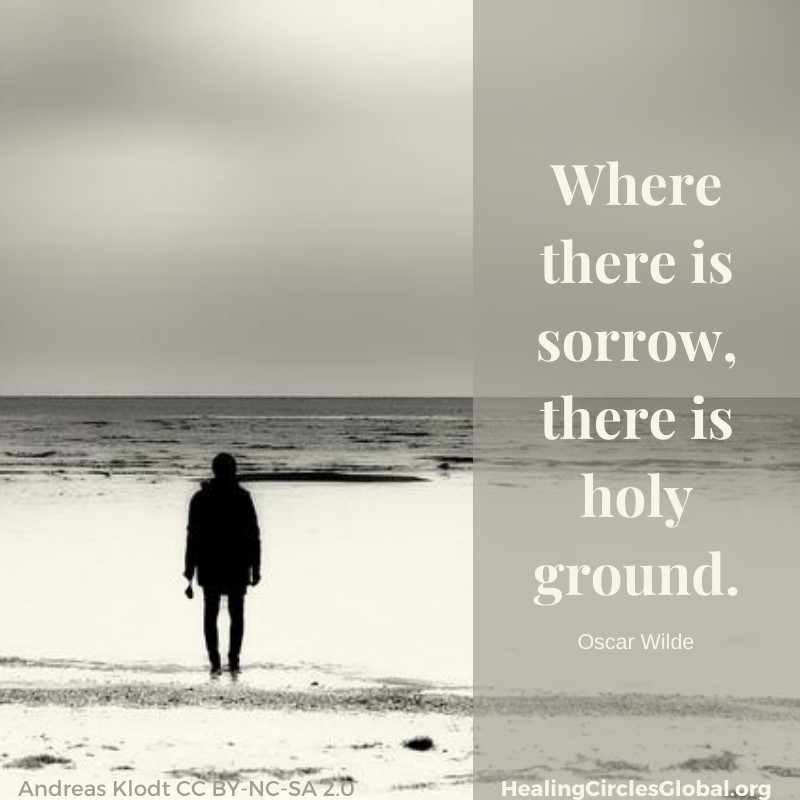
Please join us in a series Healing Circles for Grief “to discover the extent and limits of what is lost, what is left and what is possible.” – John Schneider
If you have lost a loved one, this is an opportunity to share what is on your heart and mind right now, to listen and be listened to deeply and generously. Together we create a safe space for listening to messages from our inner experience.
Our healing circles are a safe and supportive space to walk with each other through these times. Each circle is a blend of sharing and silence, compassion, and curiosity. Our agreements ensure acceptance and confidentiality. We honor our own unique paths to healing and respect the choices of others.
Some Assumptions about Grief
- The experience of grief is unique for each individual. While we can make some general assumptions, there is no template that describes the experience for all people.
- Grief is cumulative. That is, each time loss is grieved, the grief encompasses the lifetime of loss and the remnants of each experience.
- Grief following a significant loss is most often a lifelong process, with each pivotal point in life bringing the grief back up to be processed from a new perspective.
- Grief, loss and suffering fundamentally changes and reshapes the individual.
- Grief is not about forgetting or disconnecting. Rather, healthy grief is about remembering the parts of self that get lost amidst the experience and reorienting the individual in their relationship with self, the world and others.
- Grief is a whole body experience: emotional, physical, spiritual and intellectual. Each have a wide range of expression which can cue us that grief is present.
- While grief and trauma are often intertwined there are significant differences between them. Trauma should be addressed with trauma specific interventions that often go beyond what is possible in circles.
Adapted from Khris Ford
Grieving Together Healing Circle will meet Weekly on Wednesdays at 1pm EST (10am PST, 12pm CST, 6pm UK) for 6 weeks.
Grief Circle Dates:
- November 6, 13, 20 & 27
- December 4 & 11







